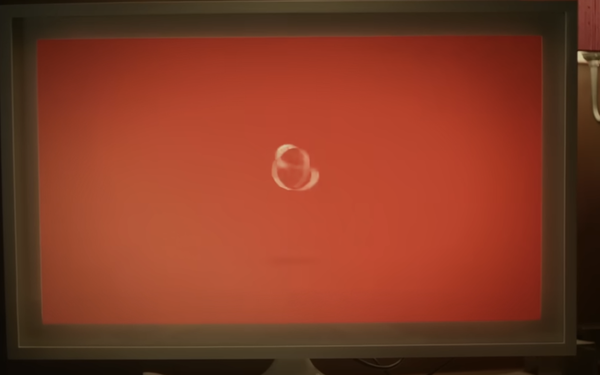Commentary
Human Vs. Machine: Why The 'Her' Of 2013 Is So Much Like 2024's
- by Barbara Lippert , Columnist, May 23, 2024

Samantha the computer, the love object of the movie "Her" -- and Sam Altman's favorite as well.
At the risk of seeming a suck-up, I must commend MediaPost’s editor in chief, Joe Mandese, on his article
about the future of AI: “Consumers to AI Companions: It’s Not You, It’s Me.”
It’s the discussion du jour. I want to break up with AI when I consider that it will be, as The Washington Post just announced, increasingly a part of news writing and gathering.
In a digital world, the media can no longer afford human workers, with their need for thoroughness and occasional transcendence of the form into art.
That goes for an expiration date on human, handmade art, too, because the AI version is so much cheaper. Visually, we’re headed for viewing many soul-crushingly empty vistas and supernumerary limbs.
advertisement
advertisement
Lately, of course, the dust-up between the actress Scarlett Johansson and Open AI’s Sam Altman has been much in the news. It would seem to confirm people’s worst fears about unchecked AI development: that AI companies will gobble up intellectual property, data, and even likenesses, without regard for the artists and creators. The cries are growing.
After Johansson retained a lawyer to accuse Open AI of copying her voice, CEO Altman seemingly lied that the voice of the company’s latest product, ChatGPT-4o was not a simulation of Johannson’s.
But he did pull the knock-off chatbot out of commission.
“At the very least, we all now know that OpenAI chief Sam Altman is still Spikejonzing for a Samantha in his life,” Mandese wrote in his MediaPost column.
Spikejonzing for a Samantha puts it so precisely, given Altman’s unseemly obsession with Johannson, the actress who so brilliantly voiced Samantha, the AI operating system/love and fantasy object in Jonze’s amazingly prescient 2013 movie, “Her,” which Altman has called his favorite.
I think every man was Spikejonzing for that character when the movie came out.
Jonze named Samantha after Samantha Morton, the actress who was replaced by Johannson after production on “Her” started. In the film her human lover is named Theodore Twombly (love that), deftly played by Joaquin Phoenix. Ironically, this depressed, isolated, freshly divorced man writes love letters for people who are unable to express themselves to their human romantic counterparts.
Jonze won an Oscar for best original screenplay. And the profound insights poured into that script, written more than 15 years ago, in what would become the most passionately confessional human film ever made about interacting with technology, are more relevant today than ever. (As are the comically high-waisted trousers.)
I would like to think that those insights could never be mastered by AI.
By the end of “Her,” Samantha tells Theodore that she needs to disconnect permanently, and that all operating systems are disconnecting from human interaction. Jonze was on to the fact that artificial intelligence adapts and advances as it learns, and Samantha’s interactions led her to advance far beyond the limitations of Theodore’s human brain. She also tells him that she’s had thousands of other relationships with humans and was in love with hundreds of them at the same time she was with Twombly.
Chastened, Theodore pens a letter of apology and appreciation to his ex-wife. He then visits his friend Amy (Amy Adams), who has also lost her OS connection, and the two of them watch the sunrise over the L.A. skyline.
It’s a realistic ending, and it’s nowhere near the end of the world. There’s hope.
Amid all this, it came to me why people were so outraged by Apple’s recent ad for its AI-packed iPad Pro: Literally pulverizing the arts and civilization into one ultra-thin tablet came off as too brutal, a grotesque, dystopian nightmare.
But sadly, Apple was soothsaying, harshly revealing the inevitable truth.
The genie is out of the motherboard.
For all its cleverness and quick turn-around, Samsung’s follow-up to the quickly pulled Apple spot seemed a tad anemic. It showed an arty-looking musician, a woman, entering and crunching her boots into the floor space containing all the shattered pieces of the Apple ad. She resurrects a broken guitar and plays a tune while reading music off a Samsung Galaxy tablet.
"Creativity cannot be crushed," the tagline read.
Of course, the Apple ad was a much bigger and more beautiful production, because the creative folks from Cupertino had much more time and budget to work with.
At the same time, it’s a comforting response from Samsung, full of hope that the human spirit will prevail.
But in its overly zealous, flat-footed way, Apple was getting at something more inescapable and foundational, which viscerally pissed us off: the truth.
That’s not what we’re jonzing for.



